#Fmvss
Opinion: Maine's Mitsubishi Delica Dilemma is Troubling
The Mitsubishi Delica is one of those quirky right-hand drive, four-wheel-drive vans from Japan. They’re popular among outdoor enthusiasts, fans of ’80s/’90s “rad-era” vehicles, and people looking for a capable camper without having to spend VW Syncro bucks. But in Maine – The Pine Tree State – Delicas are not welcomed, at least by the Bureau of Motor Vehicles. The state has sent letters to owners canceling their registrations.
Thanks to the 25-year import rule, Delicas of the right vintage can be brought into the U.S. with little issue and typically registered with minimal hassle in most states (I’m looking at you, California). However, it came to light recently that Maine was sending letters to Delica owners telling them their registration was canceled, and not because they didn’t do the paperwork correctly.
Daimler Boss Calls For Safety Standard Harmonization
Daimler head Dieter Zetsche called on regulators on both sides of the Atlantic to approve a US-EU free trade agreement, and along with it, called for a harmonization of vehicle safety standards.
NHTSA Submits Rear Visibility Rule to White House, May Mandate Backup Cameras
After several delays, on Dec. 25th, the National Highway Traffic Safety Administration submitted a proposed revised regulation to the White House that could mandate automakers to equip cars and light trucks with backup cameras. According to Automotive News, the regulation will be part of new rear visibility standards for passenger vehicles sold in the U.S and the rationale for the backup cameras is to prevent children from being injured or killed by drivers that don’t see them behind their cars when traveling in reverse. NHTSA estimates that backup cameras would save about 100 lives a year.
No details on the planned standards have been released yet.
How Much Does Homologation Really Cost?
Being teased with a desirable but unavailable variant of a car sold on our shores is as inevitable as death and taxes. Every year, there is some new supercar station wago n, ultra-efficient diesel or hot hatch/rally special that seems just within our grasp. Inevitably we learn that it won’t be making its way to America for a variety of reasons. Ultimately, it boils down to one simple factor: it would cost too much to bring it over.
The United States Government Has Gone Too Far This Time
First they came for the communists,
and I didn’t speak out because I wasn’t a communist.
Then they came for the socialists,
and I didn’t speak out because I wasn’t a socialist.
Then they came for the trade unionists,
and I didn’t speak out because I wasn’t a trade unionist.
Then they came for me,
and there was no one left to speak for me.
In an act of almost incomprehensible stupidity, ignorance, and just plain mean-spiritedness, the Federal Government of the United States of America has apparently struck a blow against motoring enthusiasts across the country.
NHTSA Administrator Says Compliance With Standards At Time of Production Not Enough
In an interview with Automotive News (registration required), National Highway Traffic Safety Administration director David Strickland said that if automakers want to keep their cars and trucks from getting recalled, those cars must not just meet standards in effect at the time vehicles are produced, but that the car companies must also make sure they stay as safe, statistically, as competitors’ products that use different designs.
Ford Pushes Congress For Vehicle Standards Harmonization
A U.S. House of Represenatives subcommittee meeting became a forum for Ford to advocate on behalf of harmonized vehicle standards, as the US and EU continue to discuss a possible free trade deal.
Ford Calls For Harmonized US-EU Vehicle Standards, Will Help Niche Vehicles
With a US-EU free trade agreement looming on the horizon, Ford is calling for a harmonization between the US and EU vehicle standards, as well as a removal of tariffs on vehicles between the two entities.
Canadian Government Investigating Price Discrepancies For New Cars
Every Canadian consumer knows that when it comes to new car prices, we get screwed. Yes, Canada is a small market with higher taxes. It costs more to do business here in part because the high distribution costs can’t be amortized over 300-odd million people. In addition, things like metric instruments further complicate things.
But then there’s the question of why a Toyota RAV4, built two hours outside of Toronto, costs $2,890 less in Hawaii than it does in Canada. Why does an Oshawa-built Camaro demand a $4,685 premium in Canada? Where does BMW get off charging a $19,300 premium in the Great White North for a 535i xDrive, a 38.9 percent increase over the U.S. sticker?



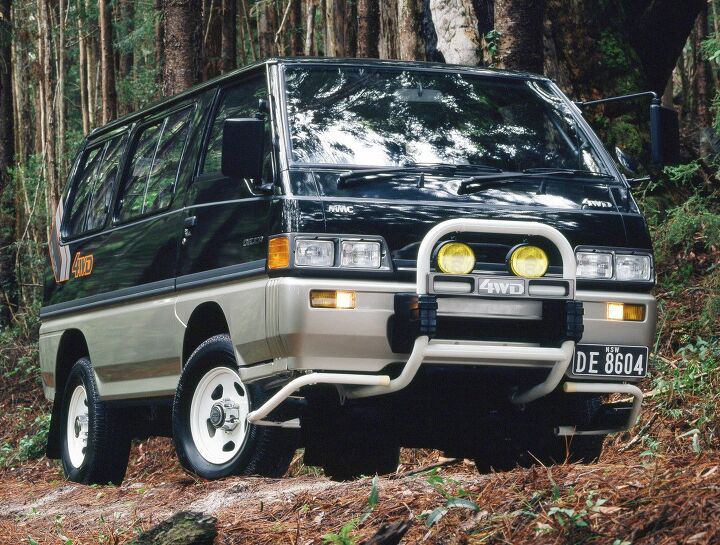


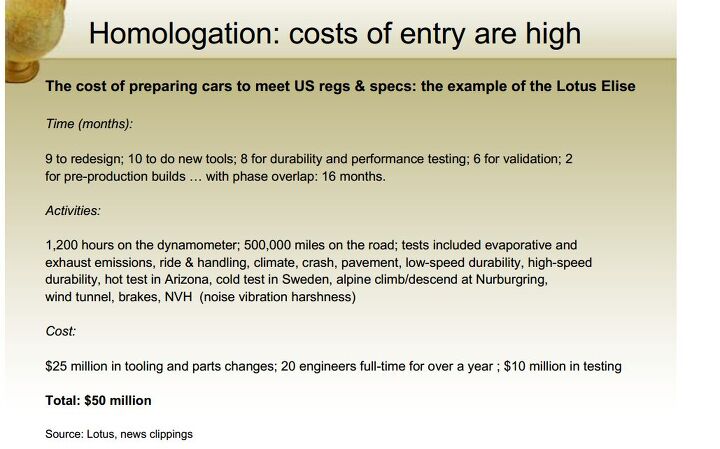
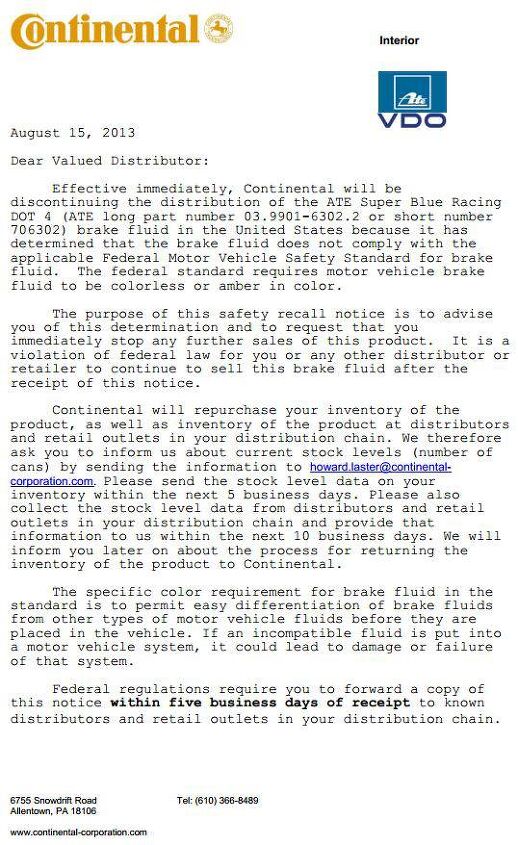


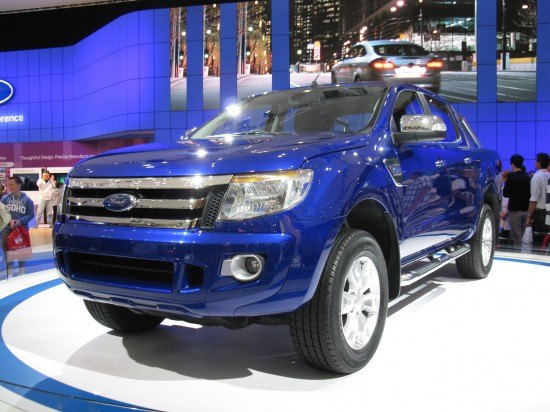
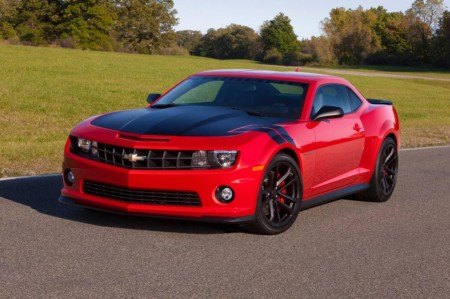












Recent Comments